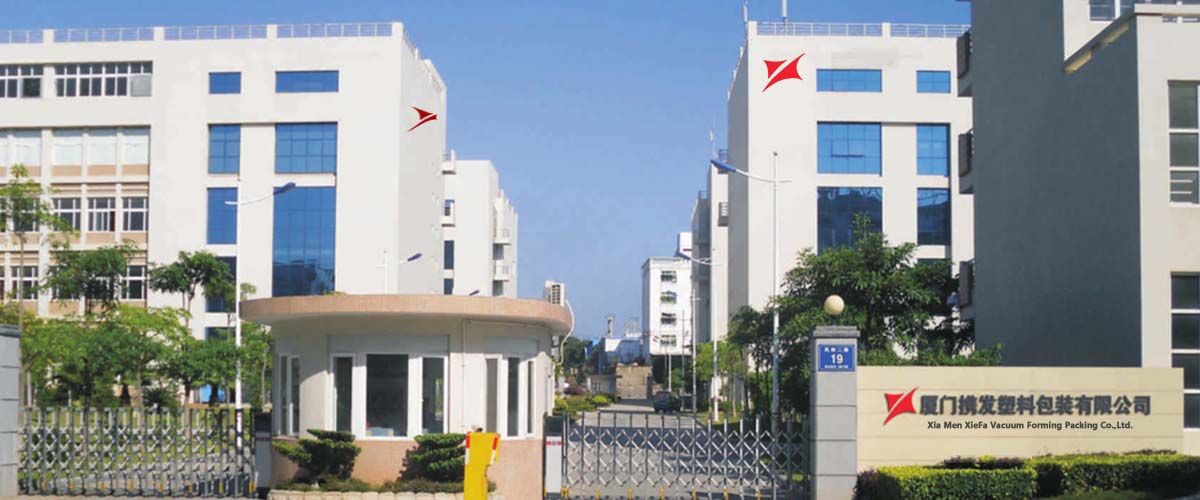
Introduction
Fast food is a ubiquitous part of modern life, with millions of people consuming it every day. However, the packaging used for fast food can have negative environmental impacts, contributing to the global plastic waste crisis. The fast food box factory is a critical component of the fast food industry, producing packaging that meets the demands of both the fast food chains and consumers. In this article, we take a closer look at the production process of fast food boxes and explore sustainable alternatives to traditional fast food packaging.
The Fast Food Box Factory
The fast food box factory is responsible for the production of the packaging used for fast food products. The packaging must be designed to meet the specific needs of the fast food industry, including durability, convenience, and affordability. The production process typically involves the following steps:
- Design and Prototyping
The first step in the production process is the design and prototyping of the packaging. This includes creating the design, selecting materials, and testing prototypes to ensure that the packaging meets the necessary criteria.
- Material Selection
Once the design has been finalized, the next step is selecting the materials for the packaging. The most common materials used for fast food packaging include paper, plastic, and foam. However, there is growing concerned about the negative environmental impacts of these materials, which has led to the development of sustainable alternatives.
- Manufacturing
Once the materials have been selected, the manufacturing process begins. The manufacturing process typically involves cutting, folding, and gluing the materials to create the final product.
- Quality Control
After the manufacturing process, the packaging is inspected for quality control. This includes testing for durability, moisture resistance, and food safety.
Sustainable Alternatives to Fast Food Packaging
The fast food industry is facing increasing pressure to find sustainable alternatives to traditional packaging materials. The following are some sustainable alternatives that are currently being used:
Biodegradable packaging is designed to break down naturally in the environment, reducing the amount of waste generated by fast food packaging. Materials such as sugarcane, cornstarch, and bamboo are being used to create biodegradable packaging that is both durable and eco-friendly.
- Compostable Packaging
Compostable packaging is similar to biodegradable packaging but is designed to break down quickly in a composting environment. Compostable packaging is typically made from plant-based materials, such as cornstarch, that can be composted along with food waste.
- Recyclable Packaging
Recyclable packaging is designed to be recycled after use, reducing the amount of waste generated by fast food packaging. Materials such as paper and some plastics can be recycled, providing a sustainable option for fast food packaging.
Sustainability in the Fast Food Industry
The fast food industry is recognizing the importance of sustainability and is taking steps to reduce its environmental impact. Some of the ways the industry is promoting sustainability include:
- Use of Sustainable Materials
Fast food chains are increasingly using sustainable materials for their packaging, such as biodegradable and compostable materials. These materials reduce the amount of waste generated by fast food packaging and promote sustainability.
- Recycling and Composting
Fast food chains are also implementing recycling and composting programs to reduce waste. Recycling and composting programs provide a sustainable option for fast food packaging and help reduce the environmental impact of the fast food industry.
- Reducing Plastic Use
The fast food industry is also taking steps to reduce its use of plastic. This includes reducing the amount of plastic used in packaging and switching to more sustainable materials.
Conclusion
The fast food box factory plays a critical role in the fast food industry, producing packaging that meets the demands of both the fast food chains and
consumers. However, the production of fast food packaging has significant environmental impacts, contributing to the plastic waste crisis. Sustainable alternatives to traditional fast food packaging are emerging, including biodegradable, compostable, and recyclable options. The fast food industry is recognizing the importance of sustainability and is taking steps to reduce its environmental impact, including the use of sustainable materials, recycling and composting programs, and reducing plastic use. With the increasing demand for sustainable packaging, the fast food box factory can play a crucial role in the transition towards a more sustainable future.
Challenges and Opportunities
While the use of sustainable packaging is increasing, there are still challenges that need to be addressed. One of the main challenges is the cost of sustainable packaging. Sustainable packaging is often more expensive than traditional packaging materials, making it difficult for fast food chains to implement sustainable packaging solutions. However, as more sustainable options become available, the cost of sustainable packaging is likely to decrease.
Another challenge is the lack of infrastructure for composting and recycling in many areas. Composting and recycling programs require specialized facilities and infrastructure, which may not be available in all areas. This can make it challenging for fast food chains to implement composting and recycling programs on a large scale.
Despite these challenges, there are also opportunities for the fast food industry to promote sustainability. One opportunity is the use of sustainable materials that can be locally sourced. This can help reduce transportation costs and promote local economies. Additionally, fast food chains can work with local governments and organizations to develop composting and recycling infrastructure, creating a more sustainable future for the industry.
The fast food box factory is an essential part of the fast food industry, producing packaging that meets the needs of both fast food chains and consumers. However, the production of fast food packaging has significant environmental impacts, contributing to the plastic waste crisis. Sustainable alternatives to traditional fast food packaging are emerging, including biodegradable, compostable, and recyclable options. The fast food industry is recognizing the importance of sustainability and is taking steps to reduce its environmental impact, including the use of sustainable materials, recycling and composting programs, and reducing plastic use. While there are challenges to implementing sustainable packaging solutions, there are also opportunities for the fast food industry to promote sustainability and create a more sustainable future. The fast food box factory can play a crucial role in this transition, producing packaging that is both sustainable and meets the demands of the fast food industry.
